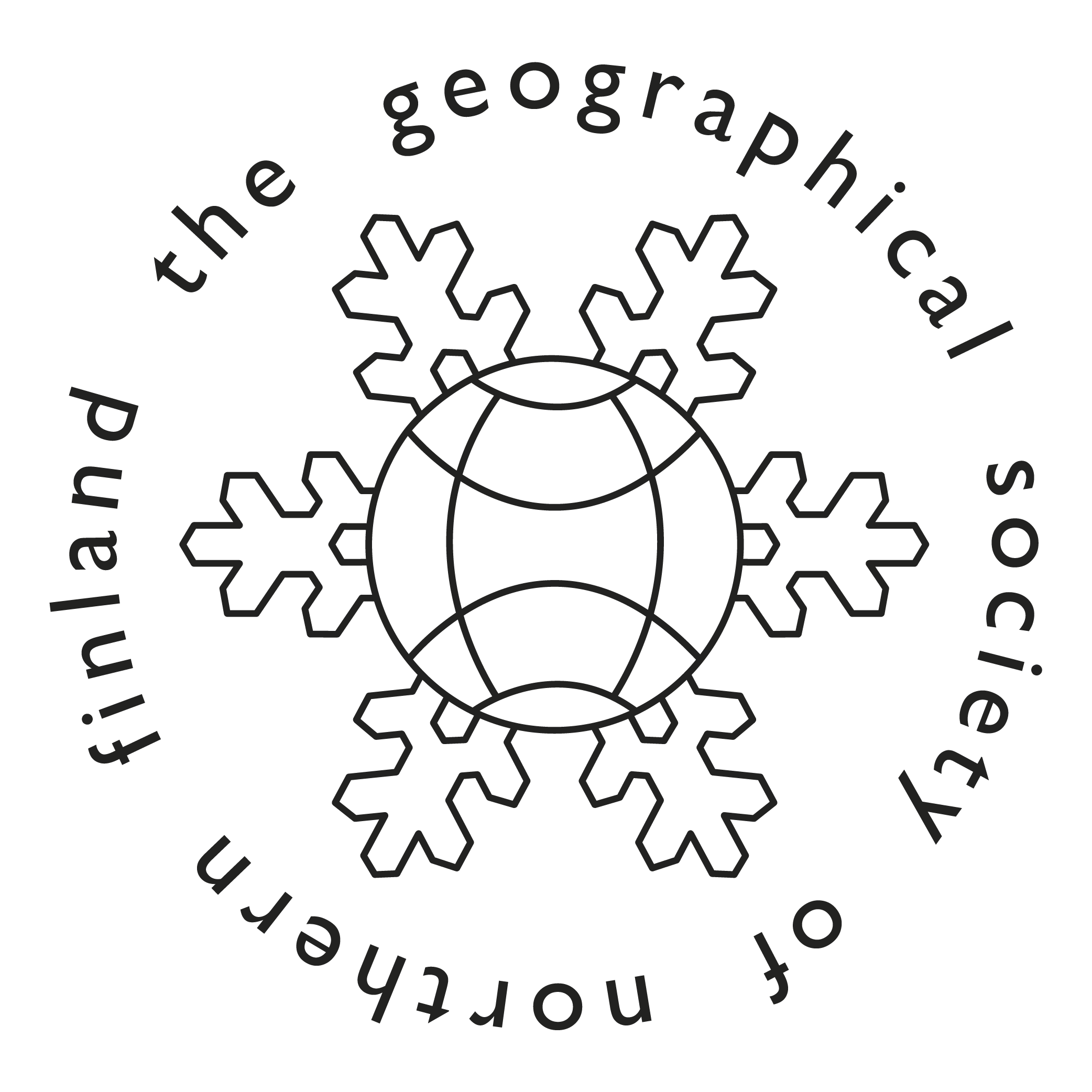Topological imagination, digital determinism and the mobile border paradigm
Abstract
Building on previous insights that have decentered the understanding of borders in a simple, linear manner, there have been recent calls for a paradigmatic change in understanding the role borders play in organizing and regulating contemporary social interaction in space. The main argument focuses on the shift of the role of borders from remote limits controlling access to state territories to central ordering devices at the core of societies both in symbolic and material terms. In this view, borders play vital roles in individuals’ lives, reaching deep into the fabric of societies to structure and regulate daily routines as well as long-term strategies. Several developments such as advances in digital technology, globalization-driven mobility imperatives, flow-related security demands, and
a topological imagination of space, are converging to shape a new border paradigm that unsettles long established political and economic practices and rises essential questions about power relationships in society in the twenty-first century.






